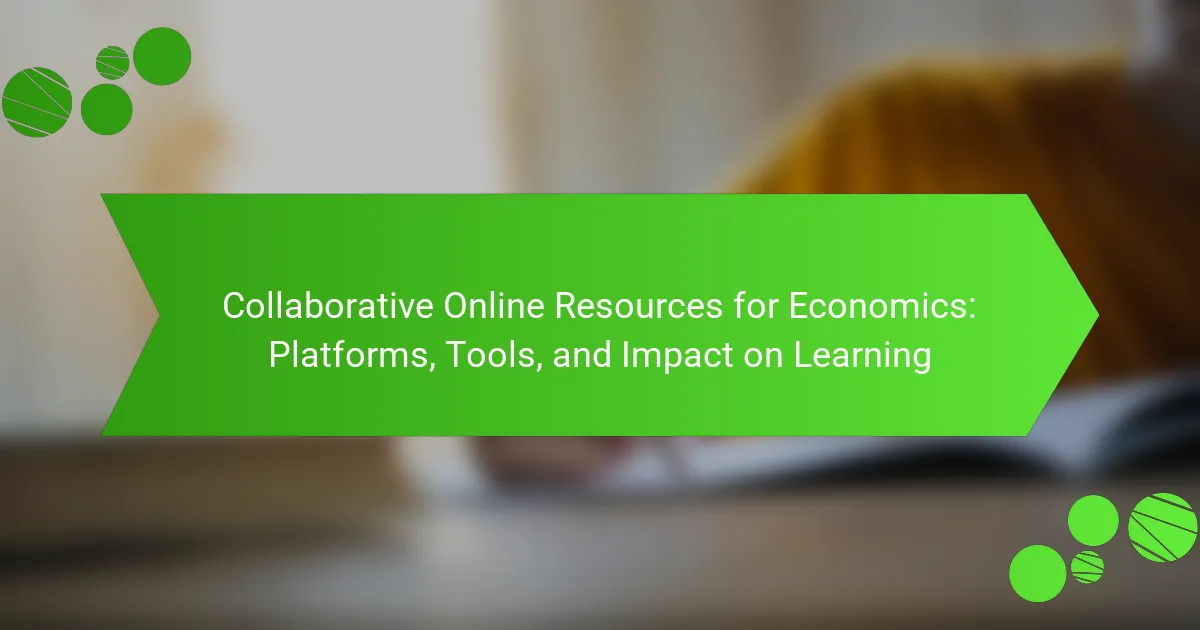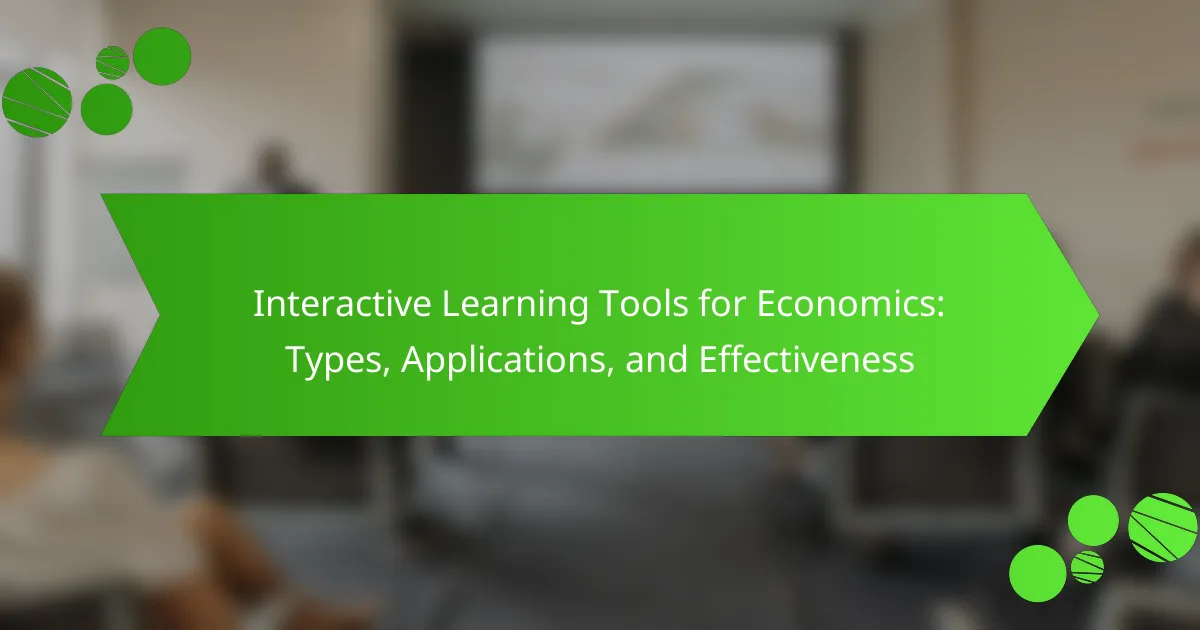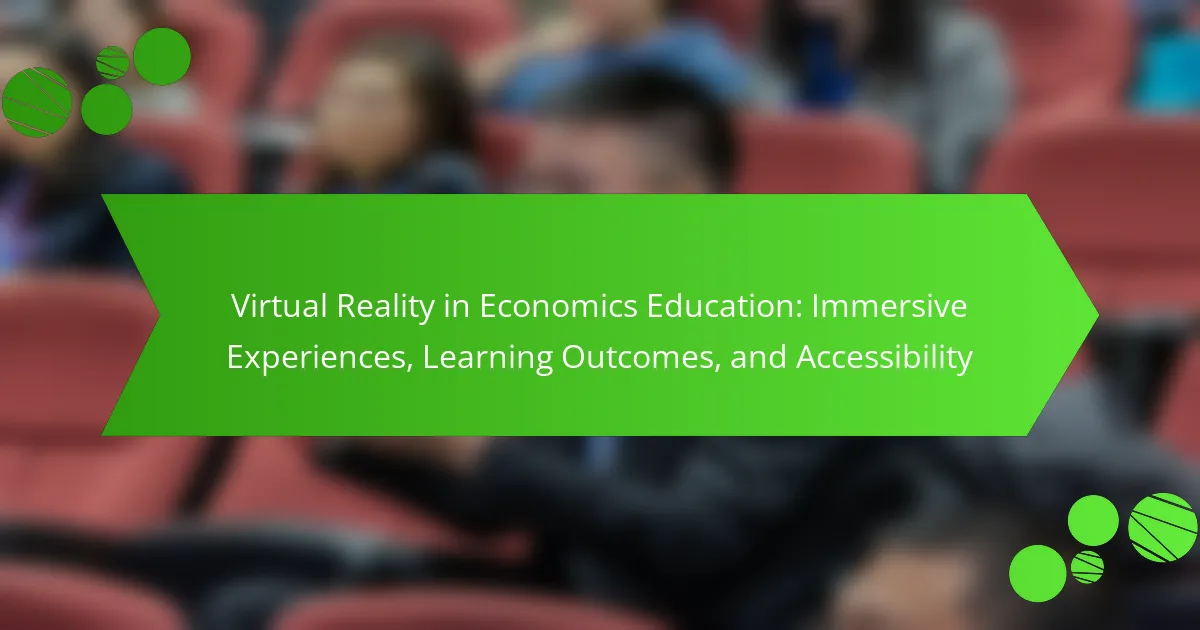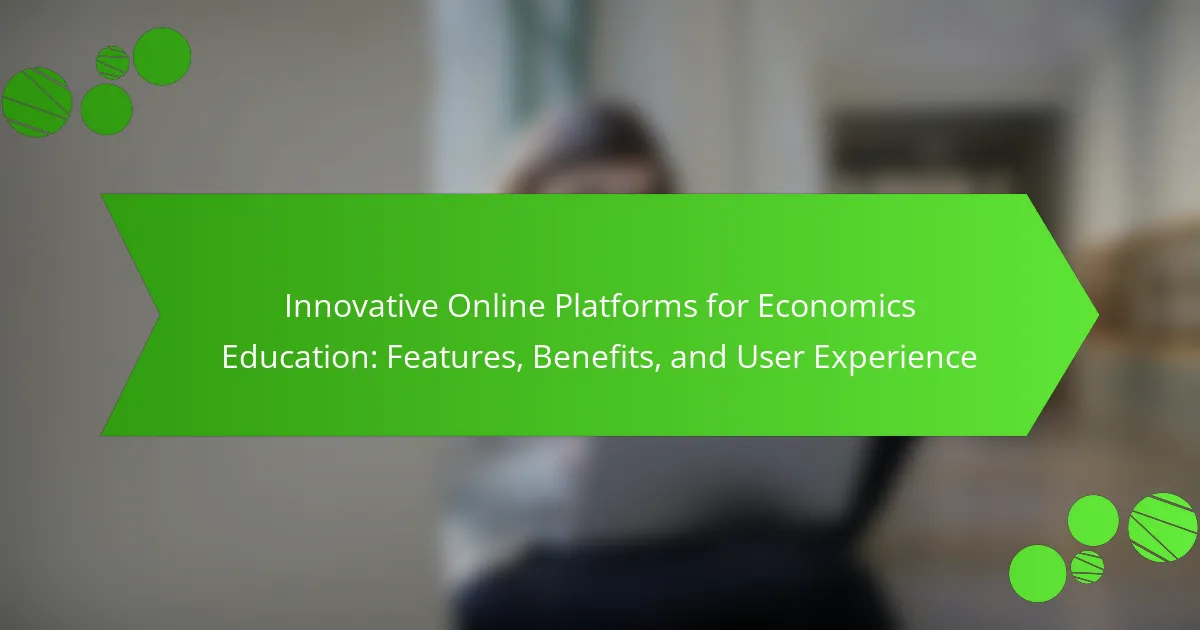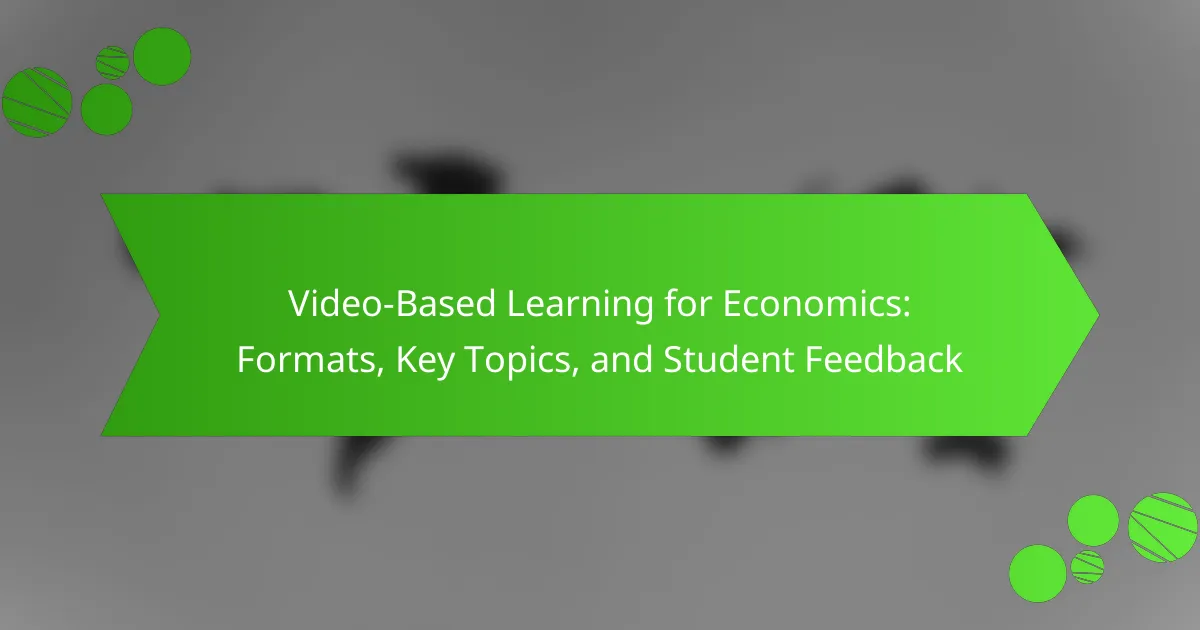
Video-Based Learning for Economics: Formats, Key Topics, and Student Feedback
Video-based learning for economics is an innovative educational approach that employs videos to effectively convey economic concepts. This method enhances comprehension through visual representation, incorporating lectures, animations, and real-world examples. Research indicates that video-based learning significantly boosts retention rates, with studies revealing that students engaging with video content achieve higher assessment scores. The format supports…
